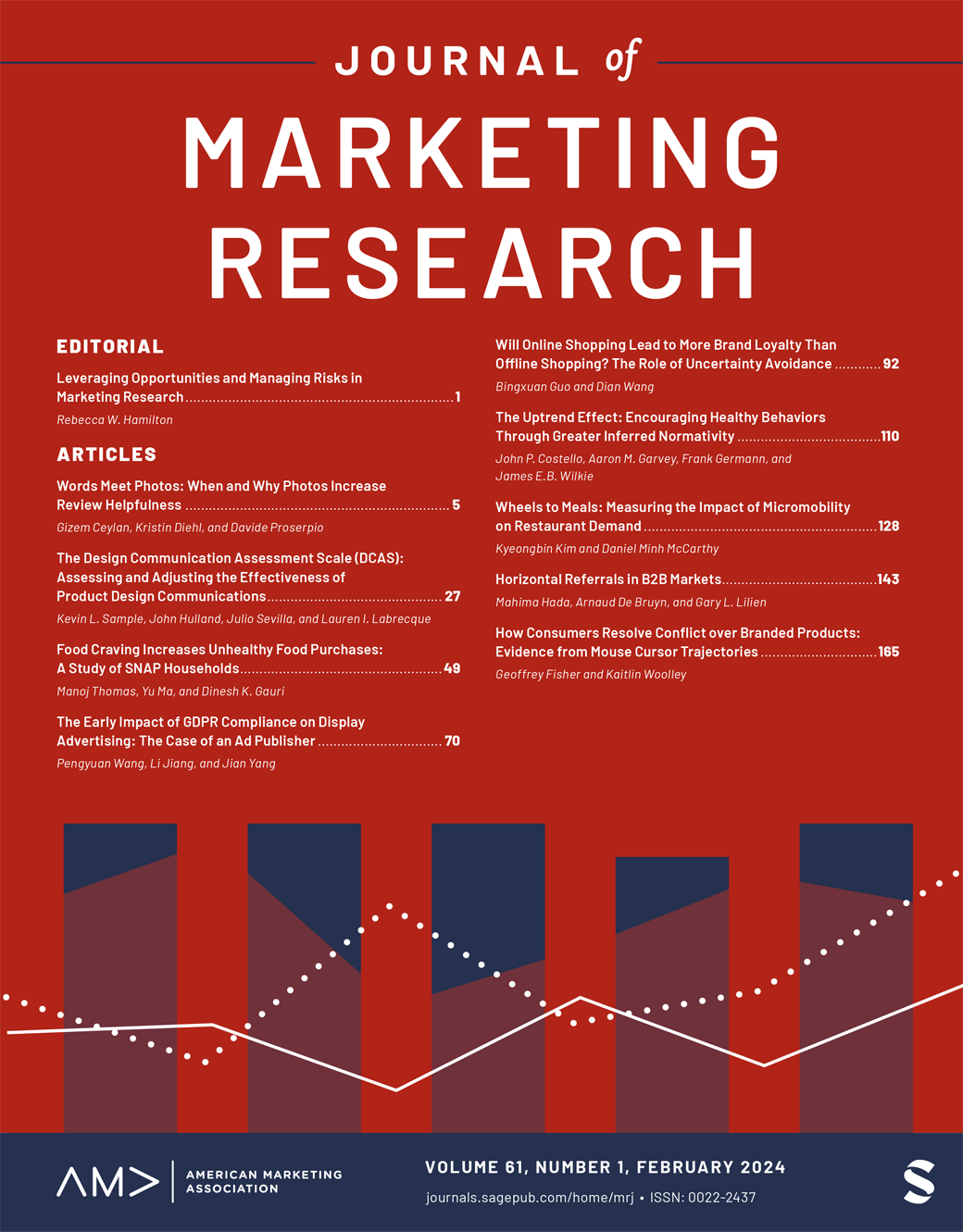The Effects of Digital Textbooks on Students’ Academic Performance, Academic Interest, and Learning Skills
IF 5.1
1区 管理学
Q1 BUSINESS
引用次数: 4
Abstract
The advances in information and communications technology and the digitization of services offer new ways to reach, engage with, and provide services to consumers. Recent advances in technology have fueled the rapid growth of digitization in education, and the education industry has witnessed radical changes in the provision and delivery of its products and services. Digital textbooks, which are equipped with various learning resources including multimedia aids, assessment questions, and hyperlinks to external resources, can be an important channel for harnessing technologies in classrooms. Korea's digital textbook experiment provides a unique empirical setting to examine the effects of digital textbooks on students’ academic outcomes. The authors employ a panel regression model with teacher fixed effects, propensity score weighting, and an instrumental variable strategy to find that greater usage of digital textbooks in class improves students’ academic performance, academic interest, and learning skills. The authors explore the heterogeneity in the utilization effect across student levels and find greater improvements in academic performance for low-achieving students. The findings have important managerial and policy implications for major stakeholders in the education sector, including teachers, school administrators, students, and policy makers.数字教科书对学生学习成绩、学习兴趣和学习技能的影响
信息和通信技术的进步以及服务的数字化为接触、接触消费者和向消费者提供服务提供了新的途径。最近的技术进步推动了教育数字化的快速增长,教育行业在产品和服务的提供和交付方面也发生了根本性的变化。数字教科书配备了各种学习资源,包括多媒体辅助工具、评估问题和外部资源的超链接,可以成为在课堂上利用技术的重要渠道。韩国的数字教科书实验提供了一个独特的实证环境来检验数字教科书对学生学业成绩的影响。作者采用了一个具有教师固定效应、倾向得分加权和工具变量策略的面板回归模型,发现在课堂上更多地使用数字教科书可以提高学生的学习成绩、学术兴趣和学习技能。作者探索了不同学生水平的利用效果的异质性,并发现成绩较差的学生的学习成绩有了更大的改善。研究结果对教育部门的主要利益相关者,包括教师、学校管理人员、学生和政策制定者,具有重要的管理和政策意义。
本文章由计算机程序翻译,如有差异,请以英文原文为准。
求助全文
约1分钟内获得全文
求助全文
来源期刊

Journal of Marketing Research
BUSINESS-
CiteScore
10.30
自引率
6.60%
发文量
79
期刊介绍:
JMR is written for those academics and practitioners of marketing research who need to be in the forefront of the profession and in possession of the industry"s cutting-edge information. JMR publishes articles representing the entire spectrum of research in marketing. The editorial content is peer-reviewed by an expert panel of leading academics. Articles address the concepts, methods, and applications of marketing research that present new techniques for solving marketing problems; contribute to marketing knowledge based on the use of experimental, descriptive, or analytical techniques; and review and comment on the developments and concepts in related fields that have a bearing on the research industry and its practices.
 求助内容:
求助内容: 应助结果提醒方式:
应助结果提醒方式:


